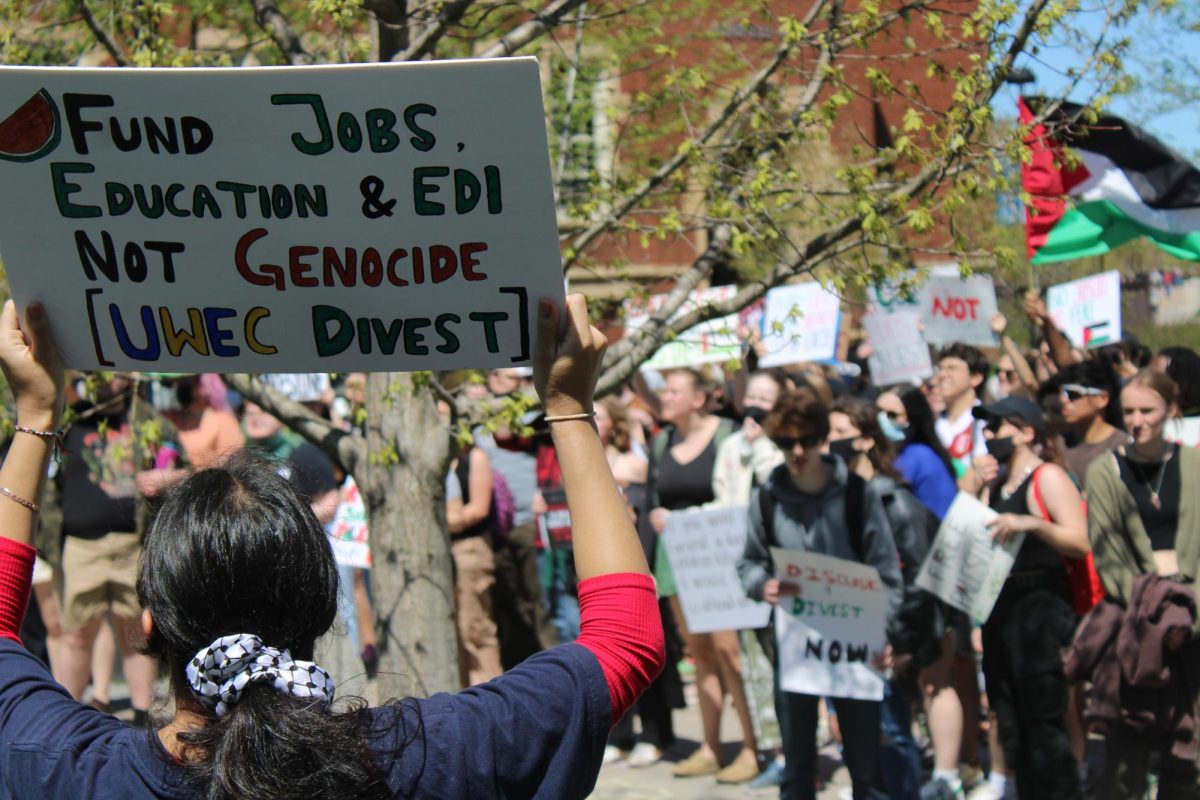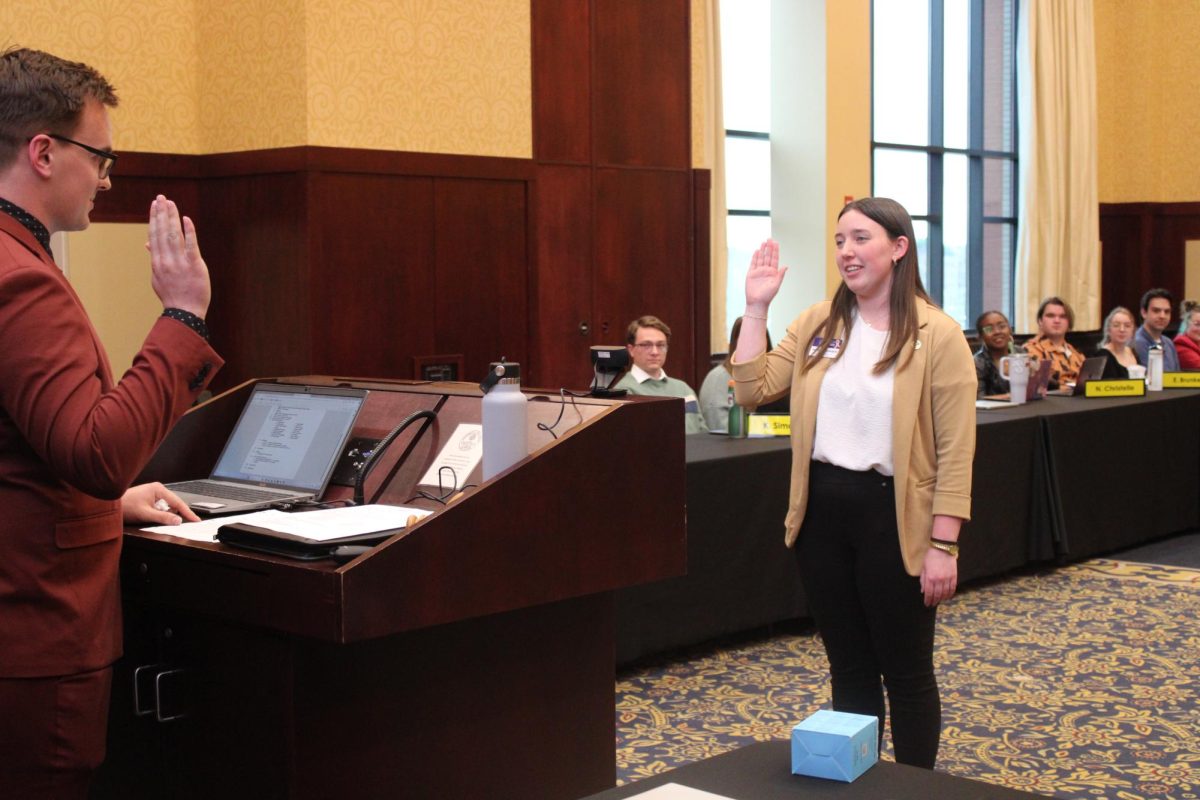With the 2004 election year in full swing, discussions of caucuses and primaries abound. But the average voter may not understand the difference between the two, how each is significant and how both affect the general election.
For starters, the ultimate result of both a caucus and a primary is to select a candidate to represent a specific party in the general election.
The difference between the two is that people vote in a primary like they would in a general election, whereas at a caucus people come together in a meeting to determine their candidate of choice, said Rodd Freitag, associate professor and chair of the political science department.
From that point, delegates representing each candidate are sent to the national convention, he said. A state-by-state delegate count is held on the second-to-last day of the convention. If a candidate gets 50 percent plus one delegate vote, he or she wins the nomination.
“The delegates at the national convention are pledged to support certain candidates on the first ballot according to the outcome of their caucus or primary in their states,” he said.
In the case of the Democrats, delegate support is proportional.
“If (presidential candidate Sen. John) Kerry wins 40 percent of the New Hampshire vote, he’ll get 40 percent of the New Hampshire delegation’s support at the National Convention for the Democratic Party,” Freitag said.
Many states have primaries and caucuses, but what makes the Iowa caucus and the New Hampshire primary important is that they are first, he said.
The focus only is on those particular states this early, but as more states begin holding their primaries and caucuses, it is more difficult to place importance on a specific one, Freitag said.
“Candidates who are not well-known can make themselves well-known to the nation in those states,” he said.
In addition to being first, both states are also rather small, which allows candidates to campaign face-to-face in what is called “retail politics,” he said.
“People in New Hampshire expect to meet candidates face-to-face,” Freitag said.
Sophomore Drew Niese, vice president of College Democrats, said a growing trend involves people voting for any candidate who they think could beat President Bush in the general election.
People are not focusing on issues, he said, but instead are looking more toward “electability.”
Freitag said he believes that is why Vermont Gov. Howard Dean – once the Iowa front-runner – came in third in that state.
Kerry, Freitag said, was seen as a more likely candidate to defeat Bush at the national level than Dean.
Retired Gen. Wesley Clark, another Democratic candidate, decided not to campaign in Iowa because of his late entrance into the race, Freitag said.
Clark figured all the candidates already had staked out their territory and therefore he should focus his minimal resources on New Hampshire, Freitag added.
Niese offered advice for students trying to decide on whom to vote for.
He said he frequents ontheissues.org, a Web site designed to explain each candidate in easy-to-read bullet points.
“I encourage everyone to research and find the candidate they can personally identify with,” Niese said.
Wisconsin’s Democratic primary will be held Feb. 17.






